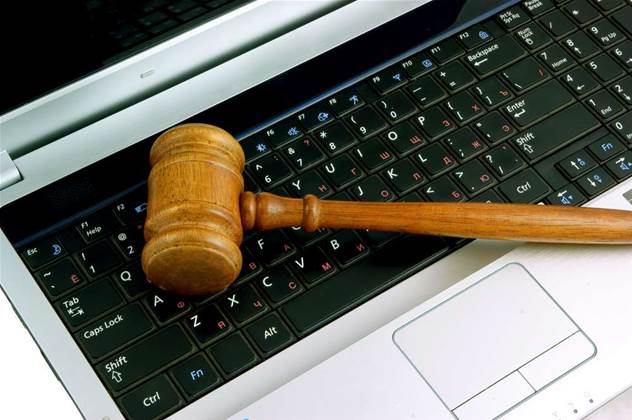A former US copyright bureaucrat has called on the country's courts to block a cloud-based television streaming platform similar to Optus' TV Now product.

Ralph Oman, a key proponent of original copyright legislation in the US, filed an amicus curiæ ("friend of the court") application this week seeking to intervene in an appeals case against service provider Aereo.
Aereo re-transmits free-to-air television to users through the internet, while providing a cloud-based digital video recorder (DVR) that allows users to record and watch television on a monthly subscription.
US networks failed to obtain an injunction against the service in June this year, as the judge found the service — which assigns a small traditional antenna to each subscriber — remained within the boundaries of current copyright law.
The service continues to operate, albeit solely in New York City.
However, Oman argued that US law was designed to provide broad rights to copyright holders with only a few, narrow exemptions which were the onus of a new technology provider to apply for, through US Congress.
"Whenever possible, when the law is ambiguous or silent on the issue at bar, the courts should let those who want to market new technologies carry the burden of persuasion that a new exception to the broad rights enacted by Congress should be established," he said in his application.
"That is especially so if that technology poses grave dangers to the exclusive rights that Congress has given copyright owners."
Oman's statements could be interpreted as requiring any new technology which used copyrighted material to seek Congressional approval before it is allowed to operate, according to Techdirt.
Oman was a former Register of Copyright of the United States between 1985 and 1993, while also being involved in the drafting and passing of the country's first copyright legislation, in 1976.
He argued that Aereo "appears to have been designed by a copyright lawyer peering over the shoulder of an engineer to exploit what appeared to Aereo to be a loophole in the law and shoehorn the Aereo business model into the Cablevision decision".
Cable provider Cablevision won the right to operate a similar cloud-based DVR system in 2009 after it was found not to own copies of the copyrighted material it stored on hard drives for subscribers' use.
However, the company sided with broadcasters against Aereo in its own amicus curiae application, arguing Aereo's structure was nothing like the one used by Cablevision.
Similar legal principles were at stake in the initial Federal Court decision, and subsequent appeal decision, on Optus' TV Now service in Australia.
As with Cablevision and Aereo, TV Now allowed users to record and later watch free-to-air broadcasts.
Judges grappled with the notion of whether Optus or the TV Now subscriber initiated and controlled the recording, and whether Optus fell under format-shifting and time-shifting exceptions to Australia's copyright legislation.
Though initially victorious in the Federal Court, Optus ultimately lost its appeal and was recently refused a High Court application.
The principles are expected to be considered as part of both the Australian Law Reform Commission's inquiry in copyright reform, due to be completed by November next year, as well as the Attorney-General Department's exploration of new exceptions to copyright legislation.



_(28).jpg&h=140&w=231&c=1&s=0)

_(33).jpg&h=140&w=231&c=1&s=0)





 iTnews Executive Retreat - Security Leaders Edition
iTnews Executive Retreat - Security Leaders Edition
 iTnews Benchmark Awards 2026
iTnews Benchmark Awards 2026
 iTnews Cloud Covered Breakfast Summit
iTnews Cloud Covered Breakfast Summit
 The 2026 iAwards
The 2026 iAwards












_(1).jpg&h=140&w=231&c=1&s=0)



